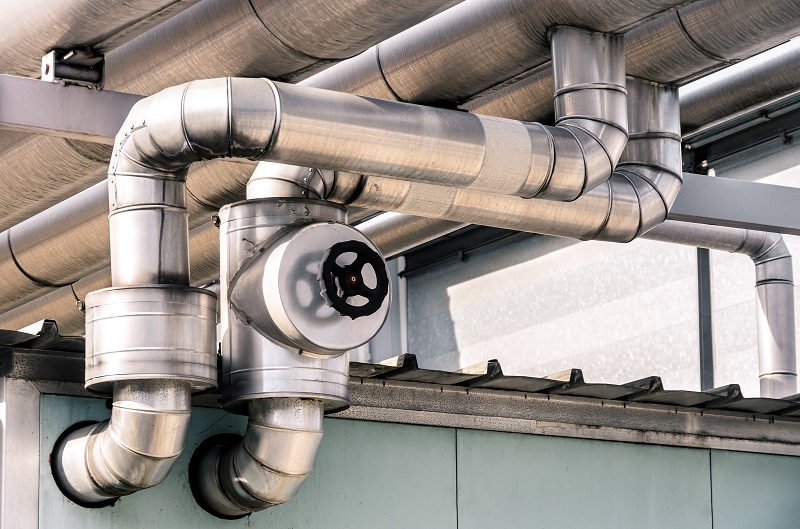HIPPS is a kind of security instrumented systems (SIS) created to conform to IEC 61508 to avoid over-pressurization of vessels or pipelines within a plant.
The HIPPS is a specific use of the safety instrumented systems (SIS) developed.
High-Intensity Pressure Protection System
The purpose of HIPPS
The primary function and goal of the HIPPS system are to isolate and shield downstream pipelines and vessels from overpressure by shutting at the point of origin. It is usually achieved by closing immediately one or more specially designed safety shutoff valves that prevent any further rise in pressure of the piping downstream of these valves.
HIPPS is a thought of as a barrier between high pressure and a lower pressure part of the installation.
A HIPPS is commonly described as a “high-quality pipeline safety system” due to the fact that the majority of HIPPS cost/design studies are associated with flowline and field layout designs. The figure above illustrates how a HIPPS can be used for the subsea development of fields.
Traditional System
In conventional systems, overpressure is managed through a relief mechanism that is mounted on specific vessels. Locally installed pressure relief mechanisms suffer from drawbacks, such as the release of toxic and flammable process fluids or their combustion gases into the atmosphere.
In the current climate of increased environmental awareness, pressure relief isn’t always the best solution. But, due to their simplicity, affordable cost and broad access, conventional relief systems are often used in pressure vessels that are primarily for individual use.
A relief system can open an alternate outlet for the gas or liquid in the system after a predetermined pressure is reached to prevent any further increase in pressure within the system that is protected. This outlet is usually connected to a flare, venting system, or blowdown to get rid of any gas or liquids safely.
A relief system functions by stopping any excessive flow of fluids to ensure secure disposal. A HIPPS seeks to stop the flow of excess fluids and keep them within the system.
Modern System
High Integrity Protection System is a system that HIPPS is designed to be an alarm system that senses the increase in pressure within a flowline and rapidly shuts off any or all isolation valves before pressure begins to get to the point that is too high. This demands a high-quality, reliable and accessible system, as well as of rapid-acting.
The main elements involved in HIPPS are:
Pressure transmitters (also known as initiators);
Dedicated Logical solvers.
Separate HIPPS safety logic separates it from the fundamental Process Control System (BPCS).
Valves that have redundant valves (Final Control Elements)
The system comprises three pressure transmitters, also known as sensors are connected with the logic solving device. This logic solver’s hardware has been developed and certified to be in conformity with the specified SIL level.
Based on the 2oo3 voting algorithm, The logic solver sends an input signal back to the last control element. These final controls comprise two block valves which are in a series of movements to shut down and stop the flow of downstream facilities, preventing them from operating at their highest pressure.
The 2oo3 vote using the logic solver system offers the highest degree of redundancy and availability.
If there’s a failure of one transmitter from three transmitters, then the last control element will receive a control message from the logic solver having two transmitters.
If there’s a problem operating a block valve, a second block valve is brought into play to protect structures from high-pressure safety.
The HIPPS will cut off the source of high pressure before the designed pressurization of the system is excessively high, thereby preventing the loss of containment due to the rupture of the vessel or pipeline.
Synopsis:
- HIPPS provides environmental protection
- Reduces Flare and blowdown problems.
- The risk of catastrophic overpressures is averted.
- Economically feasible.

